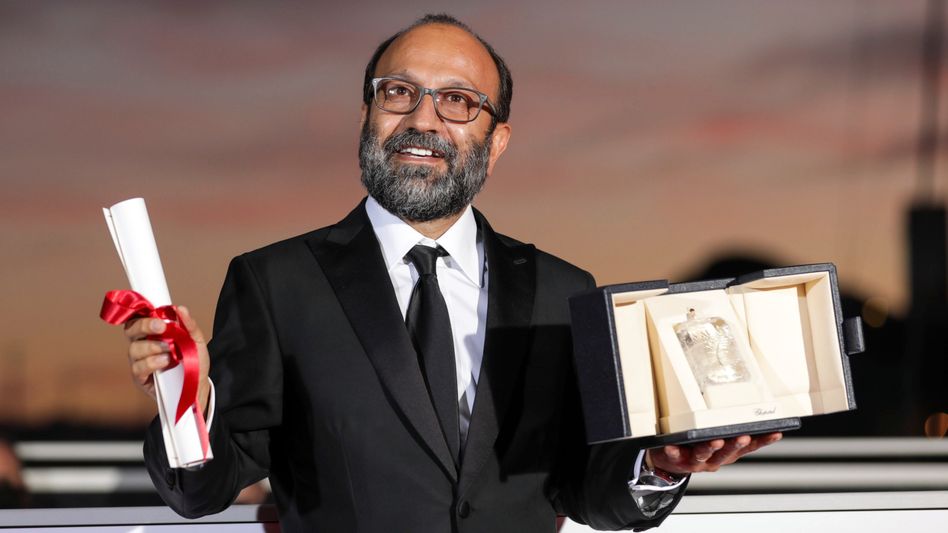Asghar Farhadi, a well-known Iranian filmmaker, accused of plagiarism

Asghar Farhadi, an Oscar-winning Iranian filmmaker, has been summoned to appear in court in Iran on plagiarism charges.
Azadeh Masihzadeh, a former Farhadi student, claims that he stole the idea for his new film, A Hero, from her documentary, All Winners All Losers. He denies this, claiming that he independently researched the story.
Farhadi won Academy Awards for A Separation in 2012 and The Salesman in 2017 for Best International Feature Film.
Last year’s Cannes Film Festival’s Grand Prize winner, A Hero, was overlooked for an Oscar nomination.
Rahim, played by Amir Jadidi, is a divorced father of a young boy who is imprisoned in Iran because he was unable to repay a debt. During a two-day temporary release, he is applauded by authorities and the media for returning a handbag containing gold coins to its rightful owner. He, on the other hand, quickly becomes a target of suspicion.
“It’s really hard for me to go back and remember what the genesis was, what triggered this story,” he told the BBC’s Talking Movies programme in January. Many of these stories develop subconsciously in your mind, gradually taking shape, and a desire to write a script grows.
“I used to collect local newspapers and work with my students to investigate these kinds of stories about 12, 15 years ago.” Masihzadeh, on the other hand, accused Farhadi of stealing the story from All Winners, All Losers, a documentary workshop she attended in 2014 and which was screened at an Iranian film festival in 2018.
Farhadi denied the plagiarism charge and countersued Masihzadeh, accusing him of defamation. The defamation suit was dismissed by a media court in Tehran on Monday, according to Masihzadeh, who told the Hollywood Reporter that there was insufficient evidence to support Farhadi’s claim.
She expressed relief at the decision, but added that she was “not happy” because “I respected Mr Farhadi a lot as my master.” “Sometimes I wonder if I should have [speak out] in the first place,” she continued. The court also determined that there was sufficient evidence to issue Farhadi a summons to appear in court to answer allegations of copyright infringement.
On Instagram, Kaveh Rad, the director’s lawyer, stated that the case would now be re-examined by a criminal court and, potentially, an appeals court. “This summons is not the court’s final decision,” he clarified, “but it is part of the process.”
Mr Rad also stated that the court had dismissed Masihzadeh’s claim for a cut of the film’s profits, as well as a defamation suit filed by a former prisoner who claimed the story was based on their own life.
Picture Courtesy: Google/Images are subject to copyright
